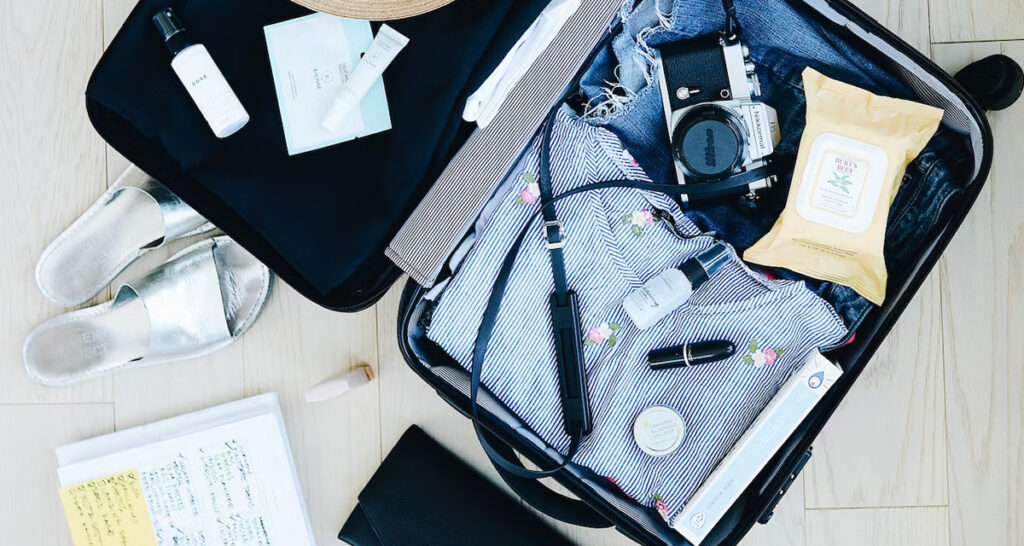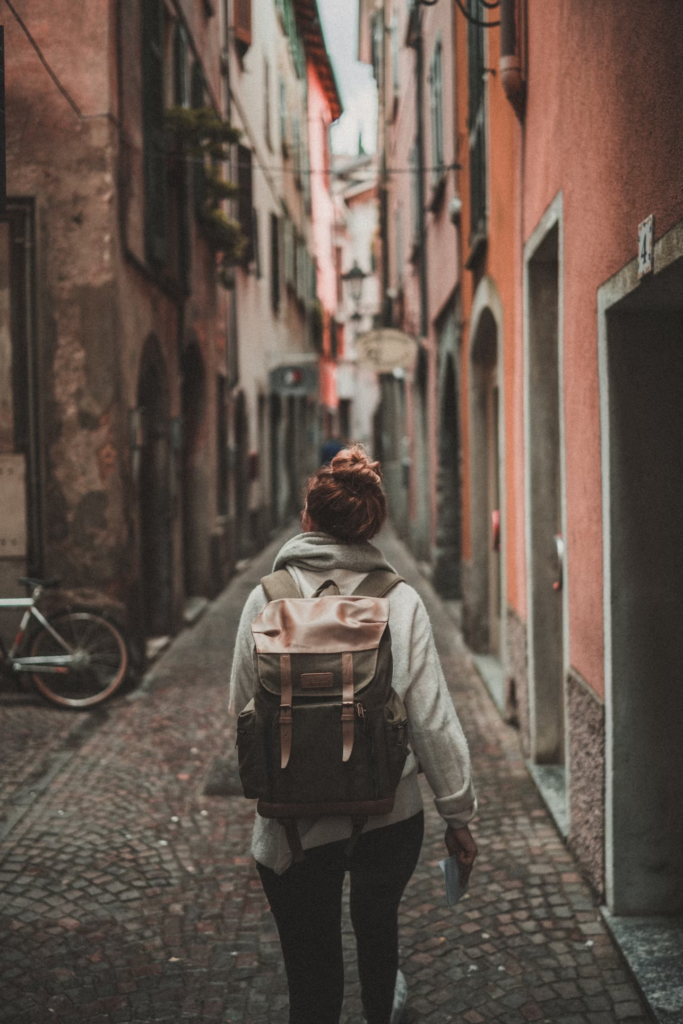At first glance, it seems that traveling is all about relaxation and entertainment, where you don’t have to think about anything serious. However, your trip can be a great disappointment if you don’t keep safety rules in mind.
We have compiled a list of useful tips that will help you avoid unpleasant situations. Of course, you will need time to study all the pitfalls. So free up your busy schedule thanks to check my essay for plagiarism service. While expert writers do their best to make your essays stand out from the crowd, you can focus on higher priority things, like organizing your next trip.

1. Health Above All
There are always a lot of people at airports, train stations and cafes. Therefore, you have to be especially attentive there. Wash your hands thoroughly, avoid touching your face, and stay away from anyone who is sneezing or coughing. Also, take a bottle of hand sanitizer with you or buy a pack of antibacterial wipes.
2. Buy Medical Insurance
Medical insurance is a great idea, especially for trips. If you ski, scuba dive or take part in any risky activities, especially during a winter trip, make sure that they are included in your insurance.
3. Take Care Of Safe Food And Water
Even if locals drink from the tap, we highly recommend drinking only safe bottled water. Also, be careful with local food. For example, in France, they eat raw meat tartare, and in Asia, extremely spicy dishes with unusual ingredients are served. Try to choose foods that are similar to your regular diet. Digestive problems are most common when traveling.
4. Be Careful On The Road
Put money and documents in a fanny pack and hide it under your clothes. This will prevent an attacker from stealing from you while you are sleeping in a bus seat. As for luggage, it is better to put locks on it.
Next, call official, reliable taxis. Unfortunately, many random taxi drivers are scammers who try to rob you with an overpriced bill. In general, common scams may vary by region.
Therefore, it is better to outsource tasks that you can entrust to a best paper writing service and study as many materials as possible. Reviews from travelers and blogs of local residents, videos on YouTube – choose the format that you like best and start preparing for the trip.
5. Keep Your Loved Ones Up to Date
Share your trip route with your loved ones. Inform your family members or friends about all the details of your journey. Another option is to send your itinerary and let family members know where you are during the trip. This practice greatly helps in finding lost travelers.
6. Keep Your Documents And Money Safe
When traveling to other countries, losing documents will bring many problems, so take maximum care to prevent this from happening.
Take your time when checking in for a flight or boarding a train. It’s better to put the documents away safely, rather than stuffing them in your back pocket only to have them fall out.
If the hotel has a safe, keep your money and documents in it. When going somewhere, take copies of documents and a small amount for one day’s expenses with you. Another idea is to keep all important items inside your suitcase, secured with a combination lock.
Also, don’t keep all your money and valuables in one place. In case of theft or loss, you will not find yourself in a completely desperate situation.
Don’t carry a lot of cash with you, especially in one pocket. It is better to pay with a credit card – at least, if it is stolen, you can always call the bank and block cash withdrawals. Also, don’t exchange money from locals – it is better to overpay a little in official currency exchanges than to receive counterfeit banknotes.
7. Avoid Dangerous Areas
Read traveler reviews in advance to identify such places, or ask your hotel administrator where not to go to avoid getting into trouble. To determine how safe the street is, look at how people behave, especially young women. If they are relaxed and don’t pay too much attention to things, then you don’t have to worry either.
If possible, try to dress in clothing similar to the locals. It may sound obvious, but don’t leave your valuables unattended.
8. Consider What You Carry With You
Don’t take large amounts of digital equipment on your trip. Think whether the laptop, camera, e-reader, or tablet will really be useful to you. Carrying all this will be inconvenient and you can become a potential target. In addition, a smartphone allows you to replace all of the listed equipment.

9. Conduct Thorough Research
Talk to locals: you may find recommendations on which places to avoid to reduce risks, where to change currency, and which schemes local scammers use most often. Forewarned is forearmed, right? Make a list of museums and galleries you want to visit – write down their opening hours, ticket prices and possible discounts. Find out what cafes and restaurants the locals love and what is definitely worth trying.
10. Have a Plan B
No one is immune to emergency incidents. Any gathering of people is, by definition, a potential place for an emergency. Therefore, before you start dancing to your favorite band or enjoying mulled wine at the Christmas market, it’s a good idea to look around.
Where are the exits and how can you leave the location if something happens? Remember that the best chance to escape in case anything happens is in the first minutes. Therefore, you need to figure out where to run.
To Wrap It Up
The first solo trip for a novice traveler hides many challenges: where to go, how to pack things, what to consider when planning and how to travel safely? Keeping our 10 tips in mind to ensure the entire trip goes smoothly and you avoid all possible risks. The main thing is to collect information: whoever owns the information owns the world. And easily combines safety with adventures, of course.
You may also like to check out:
- Jailbreak iOS 17.2.1 On iPhone [Latest Status Update]
- Download: iOS 17.2.1 IPSW Links, OTA Update And iPadOS 17.2.1 Released
- How To Fix Bad iOS 17 Battery Life Drain [Guide]
You can follow us on Twitter, or Instagram, and even like our Facebook page to keep yourself updated on all the latest from Microsoft, Google, Apple, and the Web.

